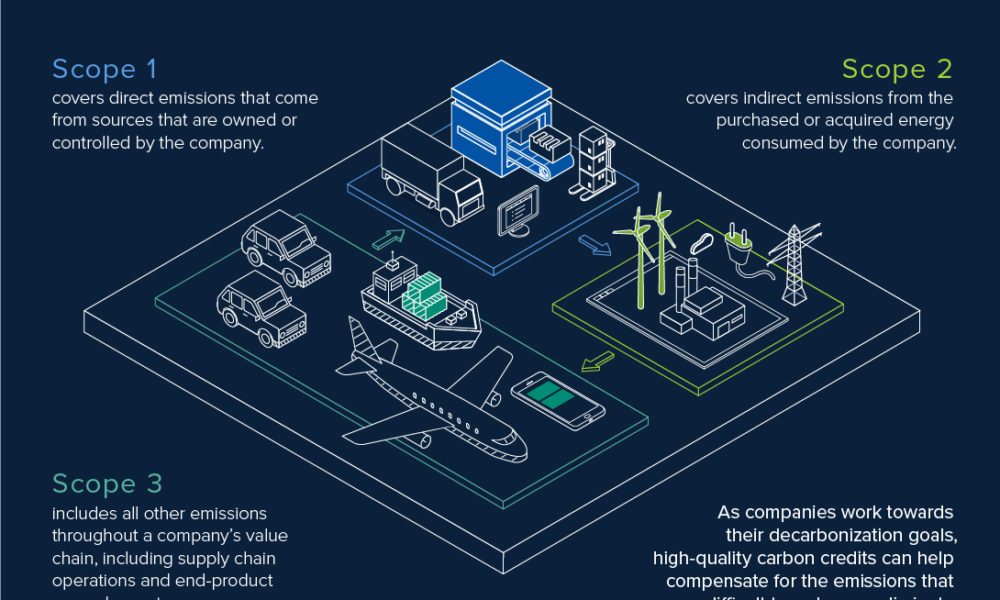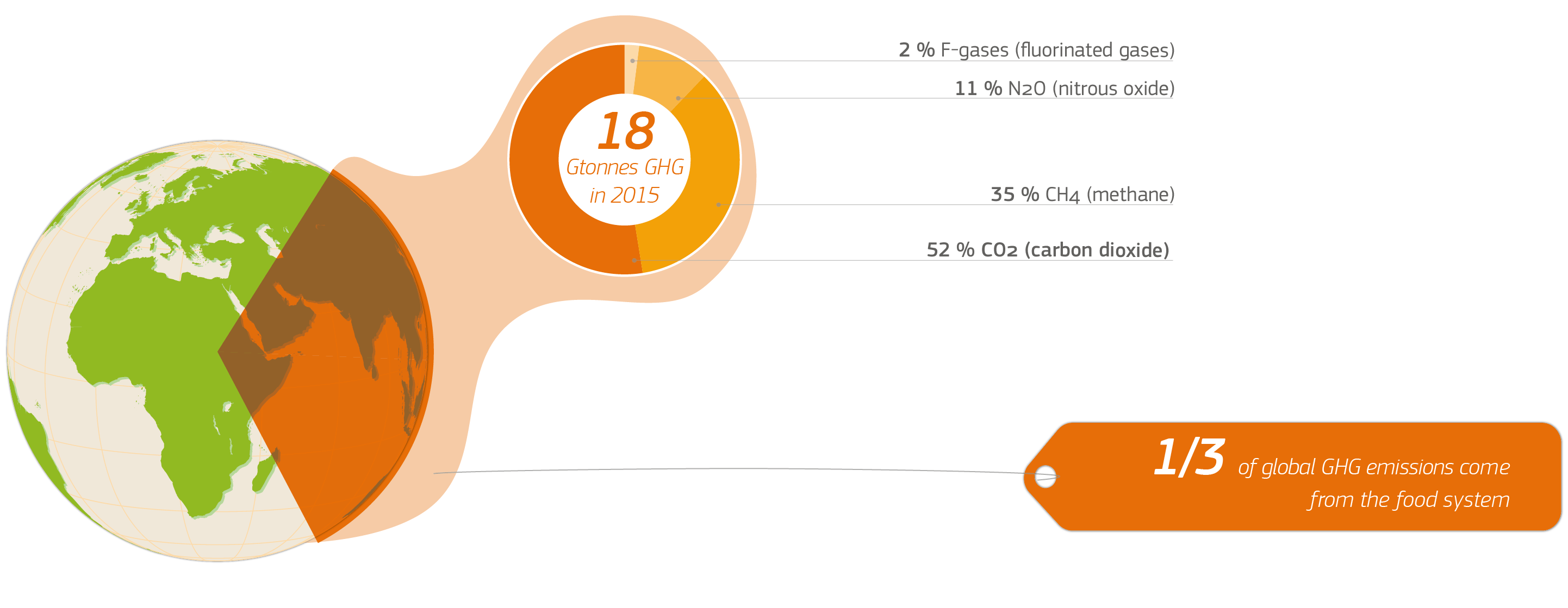Fuel types and GHG emissions — European Environment Agency
Por um escritor misterioso
Descrição
Transport demand is closely linked to economic activity: in periods of growth, economic output goes up, more goods are transported and more people travel. The impacts of transport on human health, the environment and climate change are closely linked to the choice of fuel. Clean alternative fuels, including electricity, are already available and can constitute viable options to petrol and diesel. Trip length plays a role in determining the suitability of the fuel type.
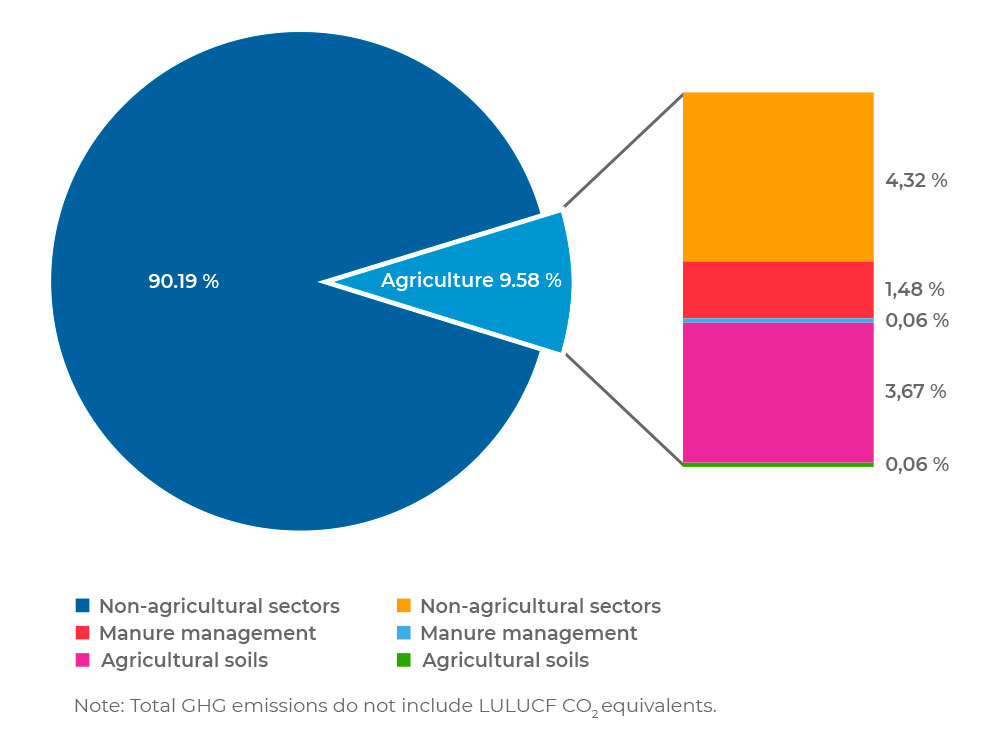
Greenhouse gas emissions in agriculture - ProTerra Foundation
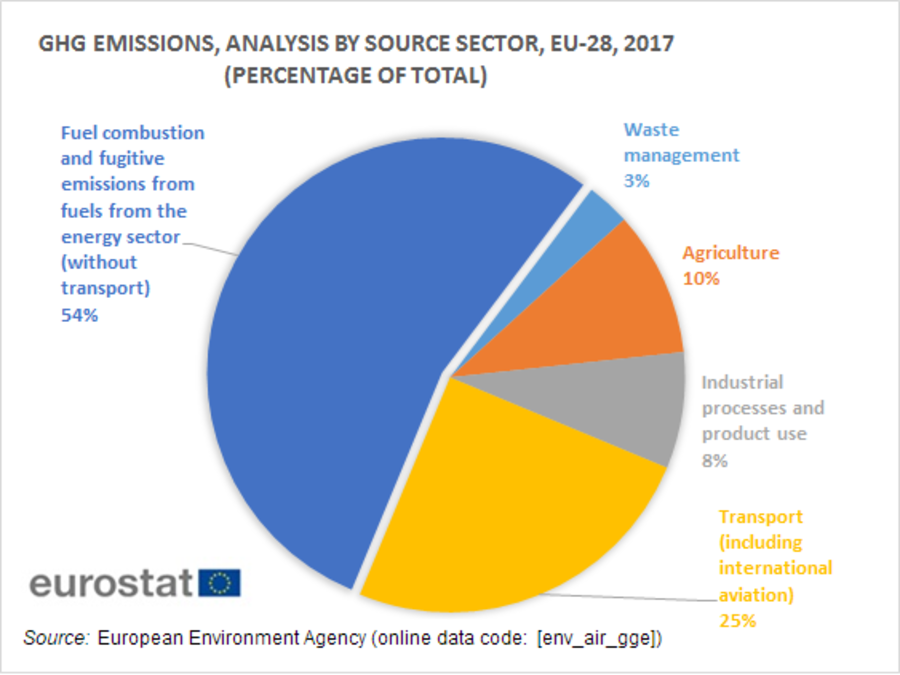
GHG Emissions

Well-to-Wheels Greenhouse Gas Emissions of Canadian Oil Sands Products: Implications for U.S. Petroleum Fuels

GHG emissions in the EU by sector, in 2017. Source European

Passenger vehicle greenhouse gas emissions and fuel consumption - International Council on Clean Transportation
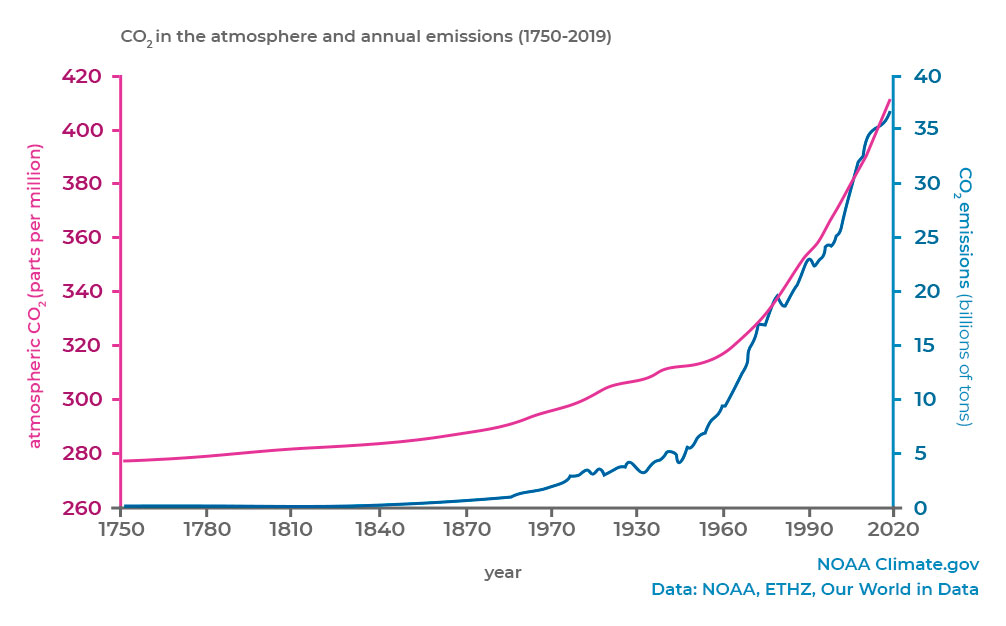
Greenhouse gas emissions in agriculture - ProTerra Foundation
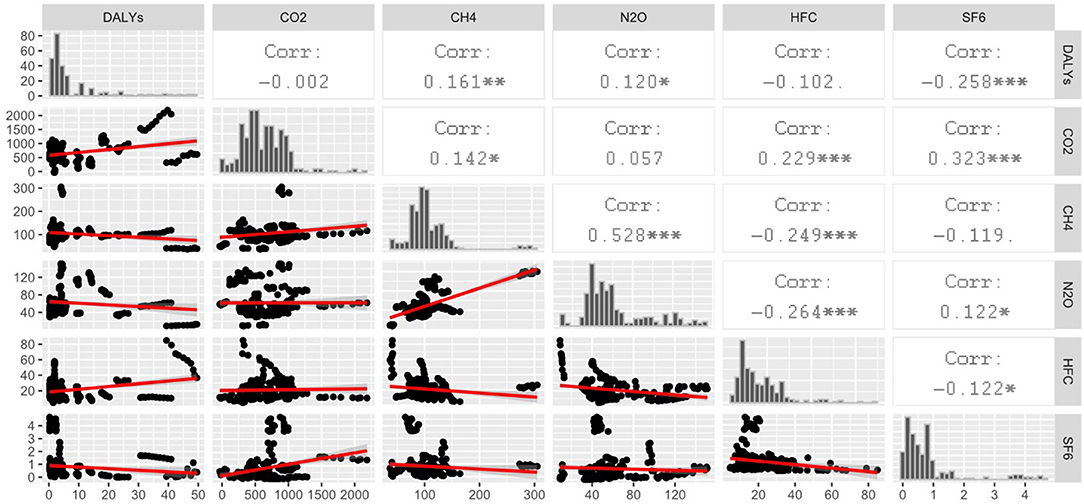
Frontiers Greenhouse Gas Emissions and Health in the Countries of the European Union
Average specific CO2 emissions of new passenger cars per fuel type and targets — European Environment Agency
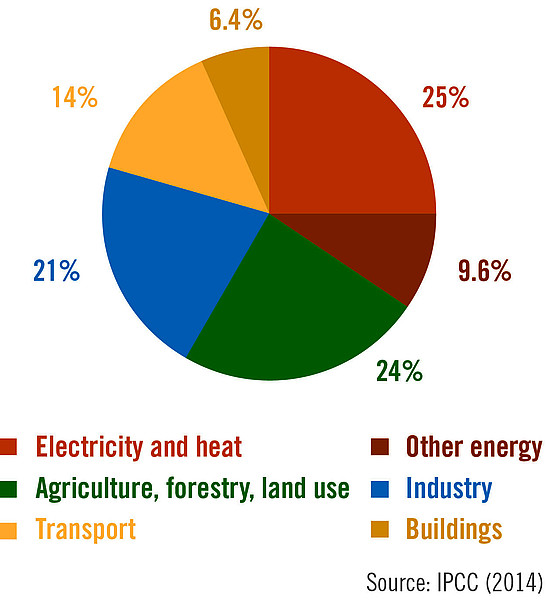
Climate and Energy

Factors affecting the emission of pollutants in different types of transportation: A literature review - ScienceDirect

CO2-equivalent emissions from European passenger vehicles in the years 1995–2015 based on real-world use: Assessing the climate benefit of the European “diesel boom” - ScienceDirect

Indicator: Greenhouse gas emissions
de
por adulto (o preço varia de acordo com o tamanho do grupo)


